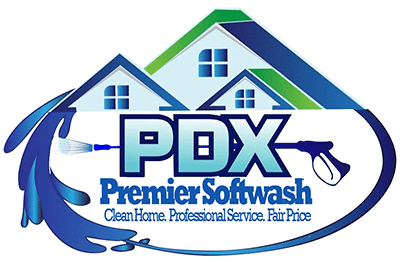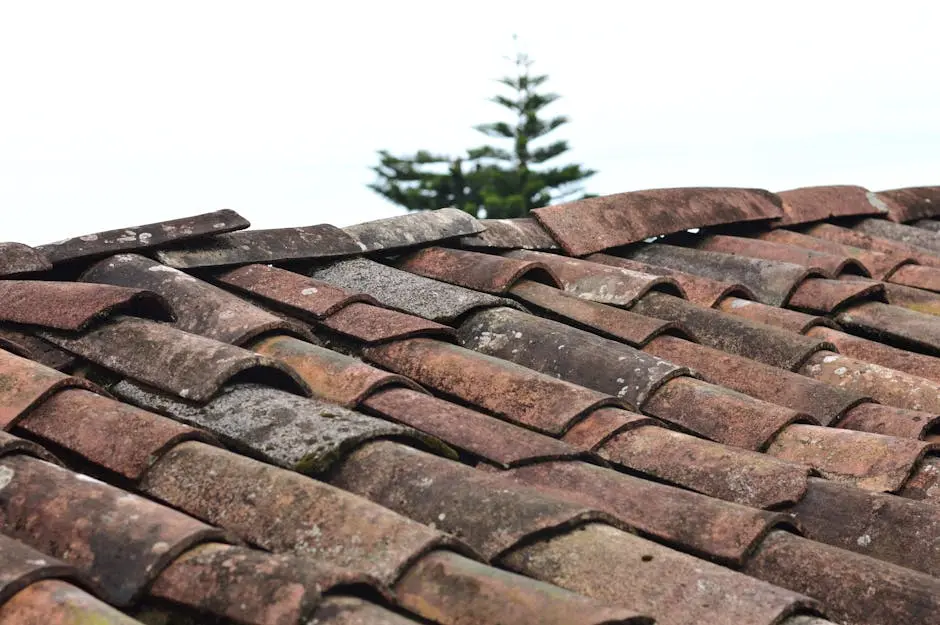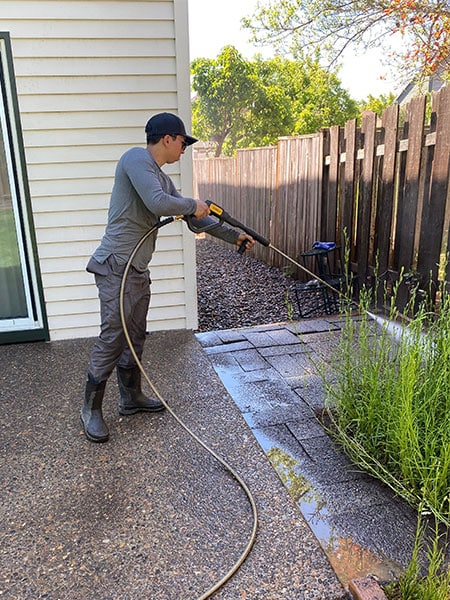Getting your roof professionally washed can breathe new life into your home’s appearance and longevity, but maintaining that freshly cleaned look requires a bit of care and attention. Here, we’ll walk you through some expert tips to keep your roof in tip-top shape after the professionals have done their part. Whether you’re dealing with tiles, shingles, or metal, these handy strategies will ensure your roof continues to protect and beautify your home for years to come.
1. Inspect Your Roof Regularly
Routine inspections are your first line of defense after getting a professional roof wash. Ideally, taking a closer look every season can help spot potential issues before they escalate. Besides the visual appeal, these checks ensure that minor damages or natural wear and tear don’t go unnoticed. A good rule of thumb is to look out for loose or broken shingles, clogged gutters, and any signs of water damage. If you’re uncomfortable doing this yourself, consider hiring a professional to ensure your roof remains in excellent condition.
2. Keep Gutters and Downspouts Clear
One of the key steps in maintaining your roof’s health is ensuring that gutters and downspouts are free of debris. Leaves, twigs, and other materials can accumulate, causing water to overflow and potentially damage your roof and home’s foundation. Regular cleaning, especially after the fall season, can prevent these issues. For homes surrounded by many trees, installing gutter guards can be an efficient way to minimize debris accumulation, ultimately protecting your freshly washed roof from unwanted water buildup.
3. Trim Overhanging Tree Branches
Trees can add beauty and shade to your property, but overhanging branches pose a risk to your roof. They can scratch and gouge roofing materials, especially during high winds. Moreover, they provide easy access for squirrels and other creatures that might want to make your roof their home. Trimming these branches not only minimizes physical damage but also helps in keeping your roof clean and free from debris. It’s a simple preventive measure that can have a long-lasting impact on your roof’s condition post-wash.
4. Prevent Moss and Algae Growth
Living in areas with high moisture levels means there’s a risk of moss and algae growing on your roof, which isn’t just unsightly—it can also be harmful. These growths tend to hold onto moisture, leading to rot and deterioration of roofing materials over time. To keep them at bay, ensure your roof gets enough sunlight and consider applying treatments that prevent the growth of these organisms. For ongoing protection, you can install strips of copper or zinc along the ridge of your roof, offering a long-term solution to moss and algae problems.
5. Apply a Protective Sealant
Another effective way to maintain the integrity of your roof after a professional wash is by applying a protective sealant. This substance acts as a barrier against elements, including UV rays, rain, and wind, that can cause wear and tear over time. Sealants also help in preventing the growth of moss and algae, keeping your roof clean and beautiful for longer. When choosing a sealant, make sure it’s compatible with your roofing material. A professional roofer can recommend the best product for your specific needs.
6. Avoid Walking on the Roof
It might be tempting to walk on your roof for a quick inspection or repair, but this can cause unnecessary stress and damage to roofing materials. Even if you’re careful, your weight can crack tiles, dent metal roofing, or loosen shingles. Whenever possible, use binoculars for inspections from the ground or call professionals who are trained to navigate roofs safely without causing damage.
7. Perform Minor Repairs Promptly
Neglecting small repairs can lead to big problems. Whether it’s a missing shingle, a small leak, or a crack, addressing these issues as soon as they’re discovered is crucial. These repairs often require minimal time and expense but can significantly extend the lifespan of your roof. Delaying can result in water damage, mold growth, or even structural issues, all of which are more costly and time-consuming to fix. Keeping up with regular maintenance after your roof has been professionally cleaned can prevent these minor issues from becoming major headaches.
8. Check Ventilation and Insulation
Proper ventilation and insulation directly impact your roof’s longevity. Without adequate airflow, your attic can become a breeding ground for moisture, leading to mold growth and compromised roof integrity. Insulation is equally important; it helps regulate your home’s temperature, preventing ice dams in winter and keeping your living space comfortable. Having a professional evaluate your ventilation and insulation systems can save you from future roof problems and enhance your home’s energy efficiency.
9. Remove Debris After Storms
After any significant storm, it’s wise to check your roof for debris. Fallen branches, leaves, and other materials can accumulate and retain moisture, leading to rot and other damage over time. Removing this debris promptly not only keeps your roof looking clean but also prevents the buildup of moisture. If you notice debris that’s out of your reach or too large to handle safely, consider hiring a professional to clear it away. This task might seem small, but it’s a vital step in maintaining the health of your roof post-wash.
10. Be Mindful of Ice Dams and Snow Buildup
In colder climates, snow and ice accumulation on your roof can cause ice dams, which prevent melted snow from draining properly. This can lead to water seeping under shingles, causing leaks and damage to the interior of your home. To prevent this issue, ensure your attic is well insulated and ventilated. Additionally, use a roof rake to safely remove snow from the edges of your roof after heavy snowfall, keeping a clear path for water to flow.
11. Schedule Professional Inspections Periodically
Even with diligent maintenance, scheduling professional roof inspections is beneficial. Experts can detect issues that aren’t visible to the untrained eye, such as structural problems or damage to underlayers. Ideally, have your roof inspected once a year or after severe weather events. These inspections can uncover minor issues before they escalate, offering peace of mind and saving you from unexpected repairs.
12. Educate Yourself on Your Roofing Material
Finally, understanding the specific needs of your roofing material can significantly aid in its maintenance. Each material, whether it’s asphalt shingles, metal, tile, or wood shakes, has unique requirements for cleaning, repairs, and preventive measures. By educating yourself or consulting with professionals, you can adopt the best practices tailored to your roof’s material, ensuring it stays in good shape for years following its professional wash.












